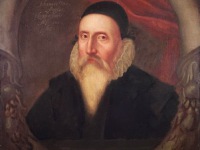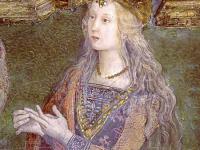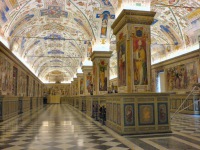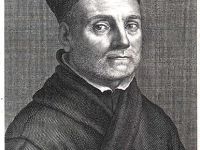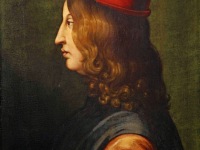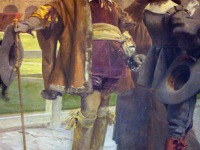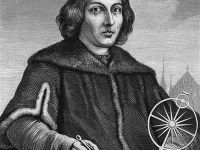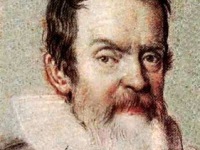John Dee and his World of Science and Magic
On July 13, 1527, Welsh mathematician, astronomer, astrologer, occultist, navigator, imperialist and consultant to Queen Elizabeth I, John Dee was born. He is considered one of the most learned men of his age. Besides being an ardent promoter of mathematics and a respected astronomer, in his later years he immersed himself in the worlds of magic, astrology and Hermetic philosophy. One of his aims was attempting to commune with angels in order to…
Read more

